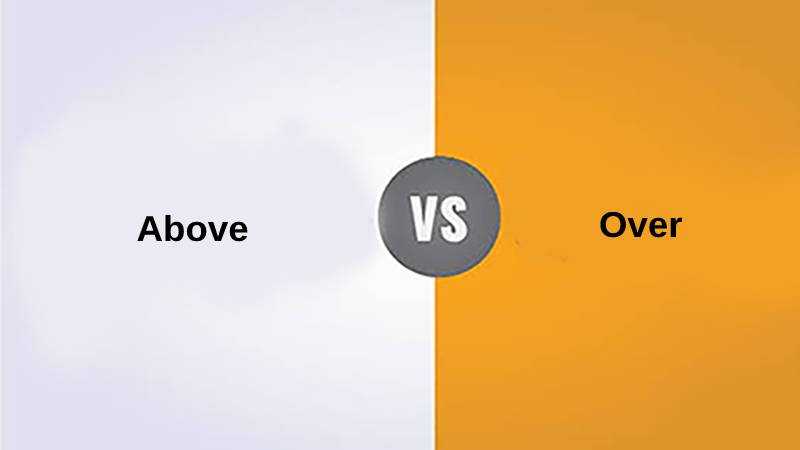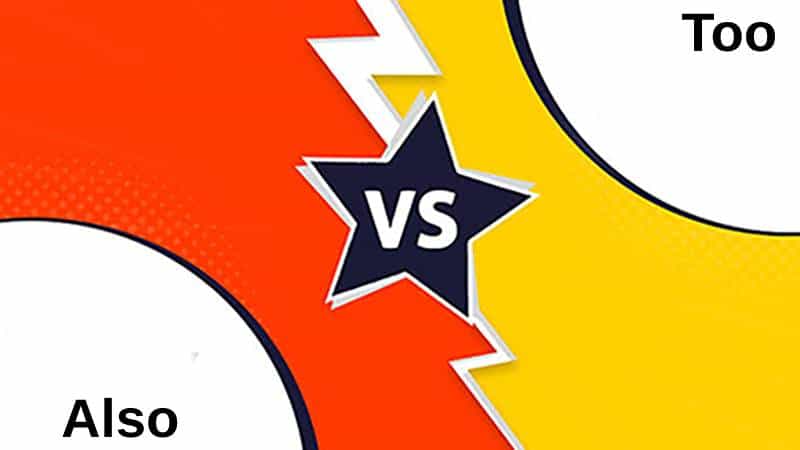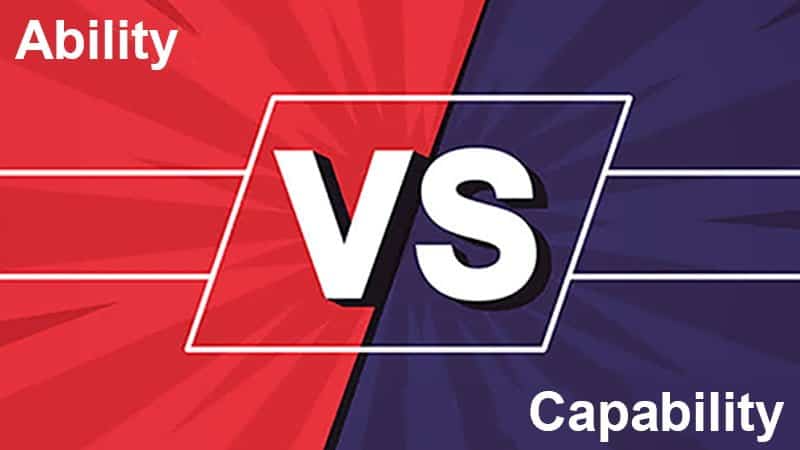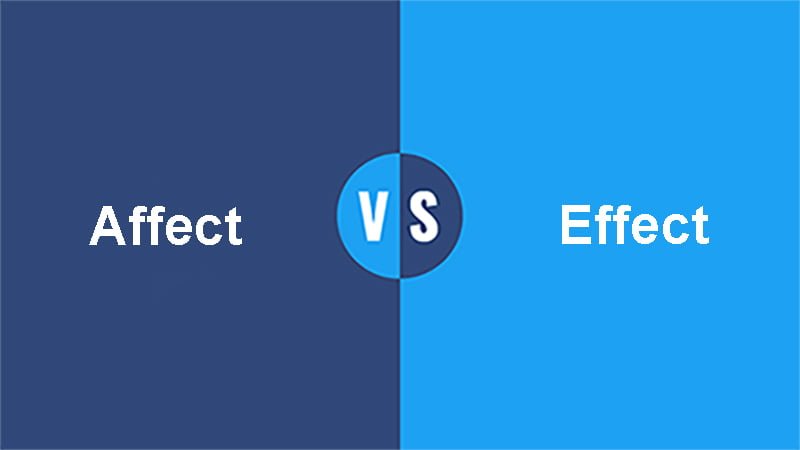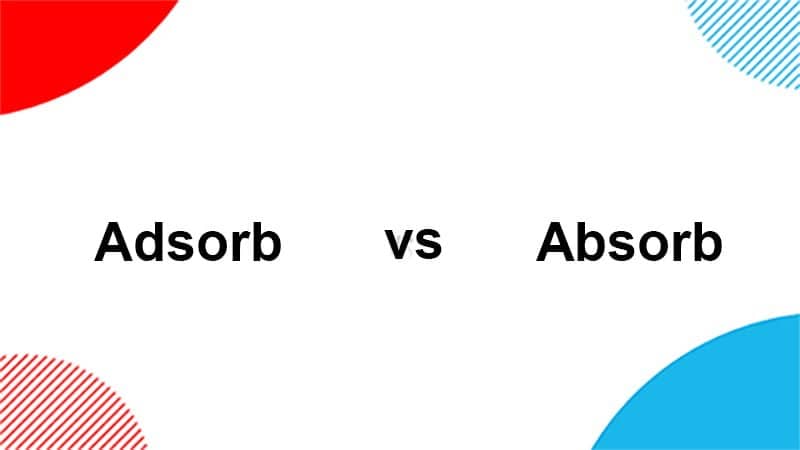English is a fascinating language, but sometimes it causes a lot of confusion and trouble with a word like access and a word like assess. Especially to those who have just started learning English.
Both the word access and assess are spelt similarly but have completely different meanings.
Access vs Assess
The main difference between access and assess is that access is a term used for describing when someone is approaching or reaching out for something. On the other hand, “assess” is a term used for describing evaluation, giving out judgment and putting a value upon it. For instance, The teacher has given us access to the laboratory. Can you assess my homework?
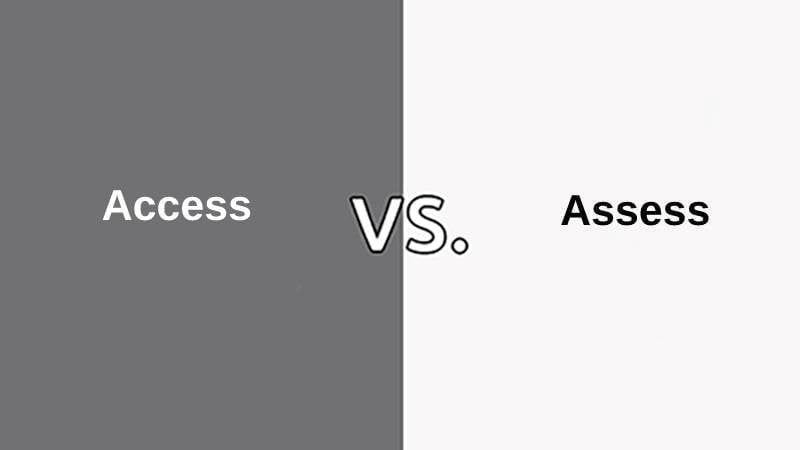
Access is used in the context of using something or not. It can be used as a noun as well as a verb. The adjective access is accessible which means something is capable of being used and seen. When someone is asking and giving out permission, he or she is accessing. For example, I do not have access to the library.
The word assess is used to determine or describe the importance, value or size and to determine the rate of something like tax, fine, etc. It is used as a verb, and its adjective is Assessable, which means something is capable of being assessed. For example, Damage to the property was assessed at $50.
Comparison Table Between Access and Assess
| Properties | Access | Assess |
| Noun | In a noun, access is the ability to approach something or being approached. For example, 1. I do not have access to the office files.2. John’s house is hard to access. It is also used for describing a way of approach. For example,1. The other access to the house John goes from the forest road. | In a noun, assess is being used as assessment which is the process of appraisal and making judgment, evaluation. For example, 1. Every student has to submit the assessment before the date.2. Everyone has to go under an initial assessment for placement. |
| Verb | In verbs, it is used to create contact with or to approach. For example, We can access food instantly by ordering online. | Assess is used as a verb in the sentence. For example, The office is going to assess the staff’s ability based on work. |
| Synonym | The synonyms for access are; accession, admittance, entry, gateway, ingress, approval, authorization, permission, entrance, etc. | The synonyms for the word assess are; rate, appraise, value, estimate, set, etc. |
| Antonym | The antonyms for the word access are dismissal, ejection, rejection, removal etc. | The antonyms of the verb assess are: criticize, disparage, fail, reject, pass, disapprove etc. |
| Example | 1. The new teacher seemed intriguing but was accessible. | 1. They assessed the cost of property damage at $100. 2. Before starting the project, we need to assess whether the project is worth doing. |
| Adjective | The adjective for access is accessible, meaning something which can be accessed. For example, 1. We are creating software, which will be available to a wide range of people.2. We made all the information accessible to the police. The synonyms for accessible are; available, obtainable, approachable, employable, achievable etc. | The adjective for the verb assess is “assessable”, meaning something which can be assessed. For example,1. The assessable annual income will not put them into any trouble. The synonyms for assessable are; determinable, computable, finite, etc. |
| Tense | In the simple past tense and past particle, the world access is being called as accessed. In the present particle, access is being denoted as accessing. | In simple past tense, assess is denoted with assessed. In the present participle, assess is used as assessing. |
What is Access?
Access talks about gaining and obtaining access. It is an uncountable noun. Access comes from the Old French word acces, meaning attack. In the nineteenth-century french people used it to refer to an illness. We can also find the root of this word in Latin form, where it was used as accessus, referring to an entrance and approach. In the late sixteenth century, access was originally adopted as an English word to talk about gaining and receiving permission.
Some of the other examples for access are;
1. Nobody can access your account without your consent.
2. This elevator gives access to the five floors.
What is Assess?
Assess is all about judging, valuing, amounting to the importance of something. It is originated from the Medieval Latin word, assessare, referring to fixing tax. And this meaning was used until the twentieth century. Even today, it has the same meaning, but after the 1930s, another meaning was also added, which was judging an idea, person, or value.
Some of the examples are;
1. My brother assessed the situation.
2. The damage to the house was assessed at $500.
Main Differences Between Access and Assess
- Access talks about giving or receiving permission. On the other hand, the verb assess is all related to tax, rent, etc.
- Access is an uncountable noun. On the other hand, assess is a verb.
- The past participle form of access is “accessed”. On the other hand, the past tense of the verb assess is “assessed”.
- The present particle form of the verb access is used as “accessing”. On the other hand, the present form of the word assess is “assessing.
- Access is used for valuing things. On the other hand, the word assess is used for judging.
Conclusion
Access and assess are pronounced the same but have completely different meanings. It is perfectly okay to get confused between words, but it is not okay to live with it. Therefore, it becomes legitimate to know the differences between these words.

